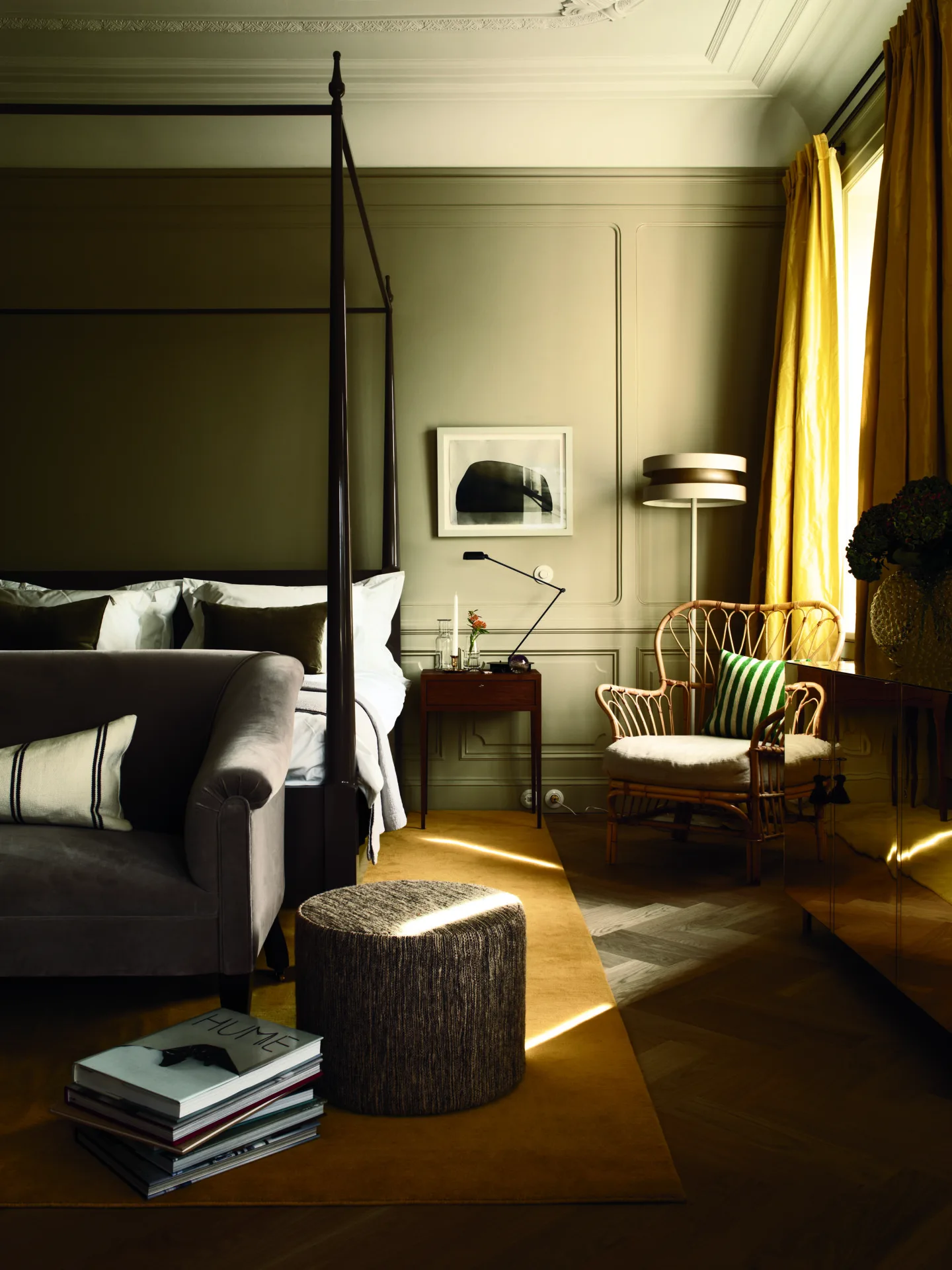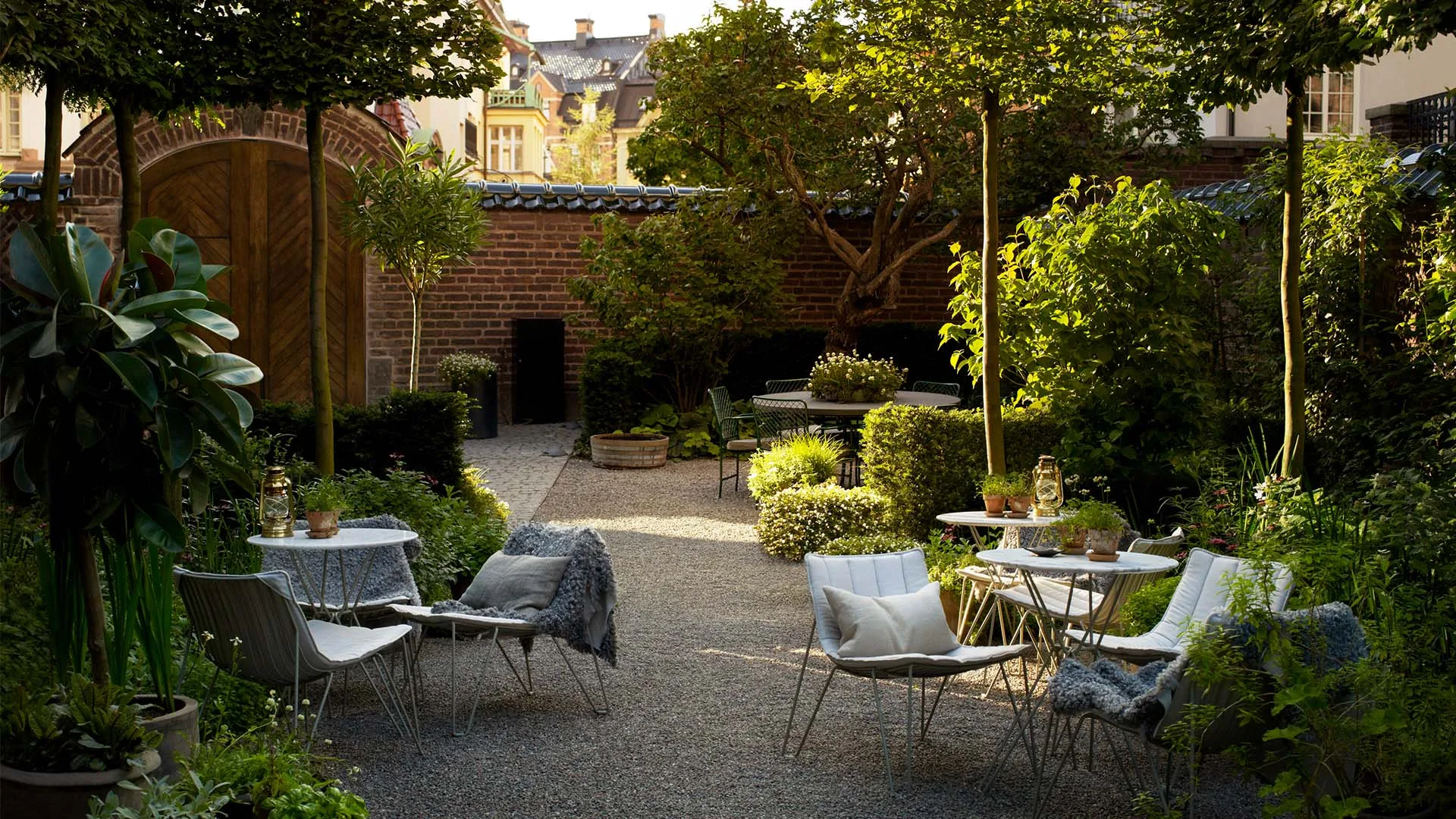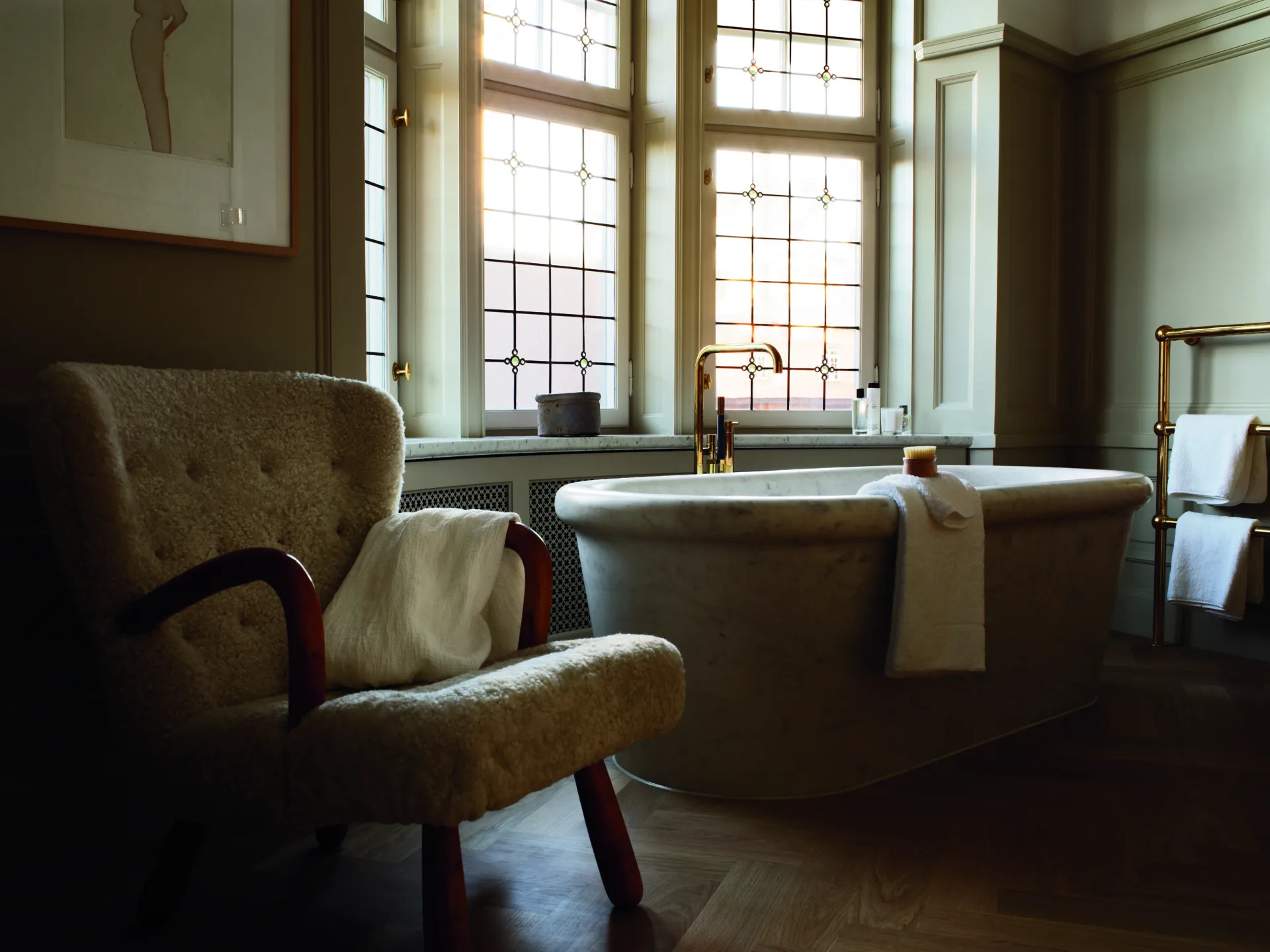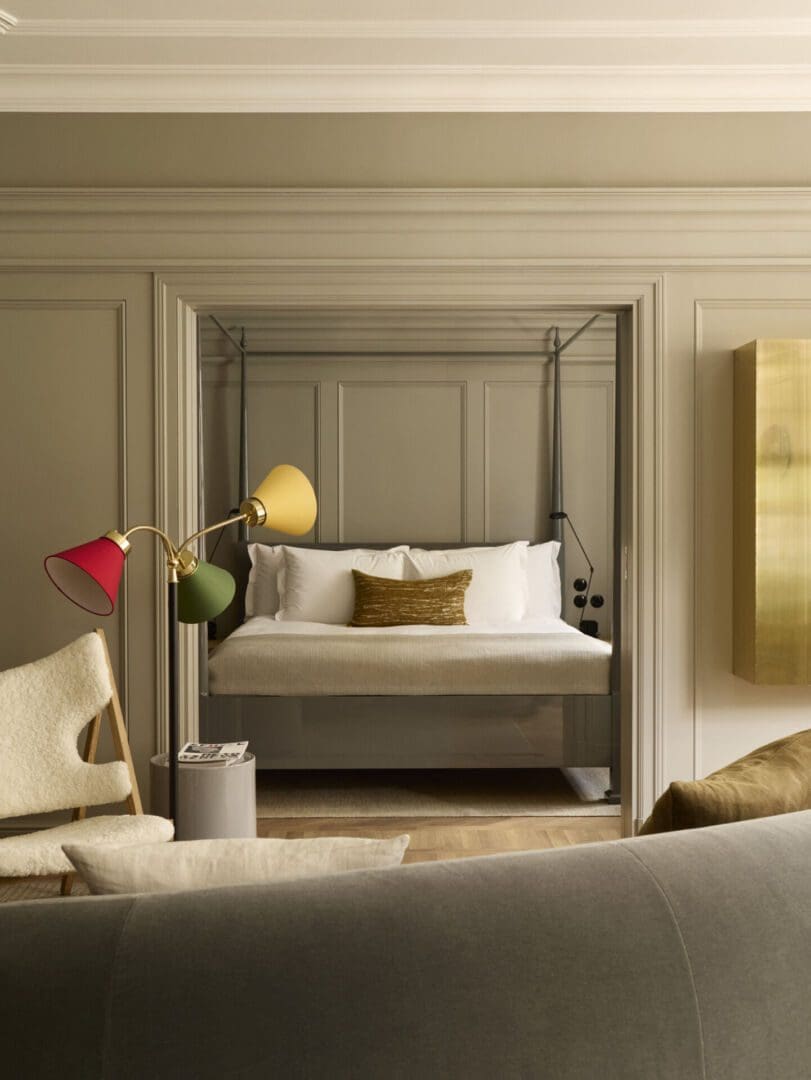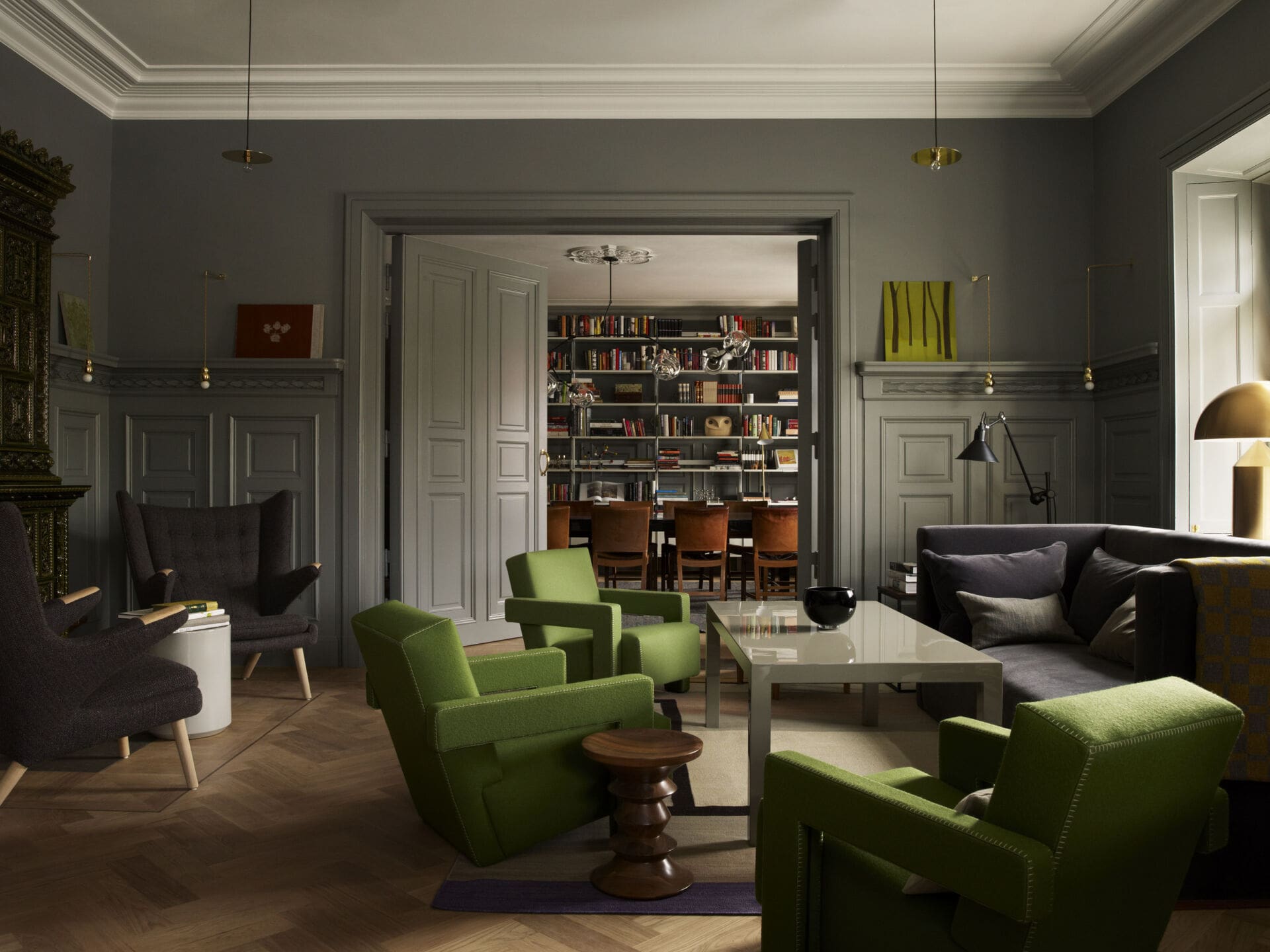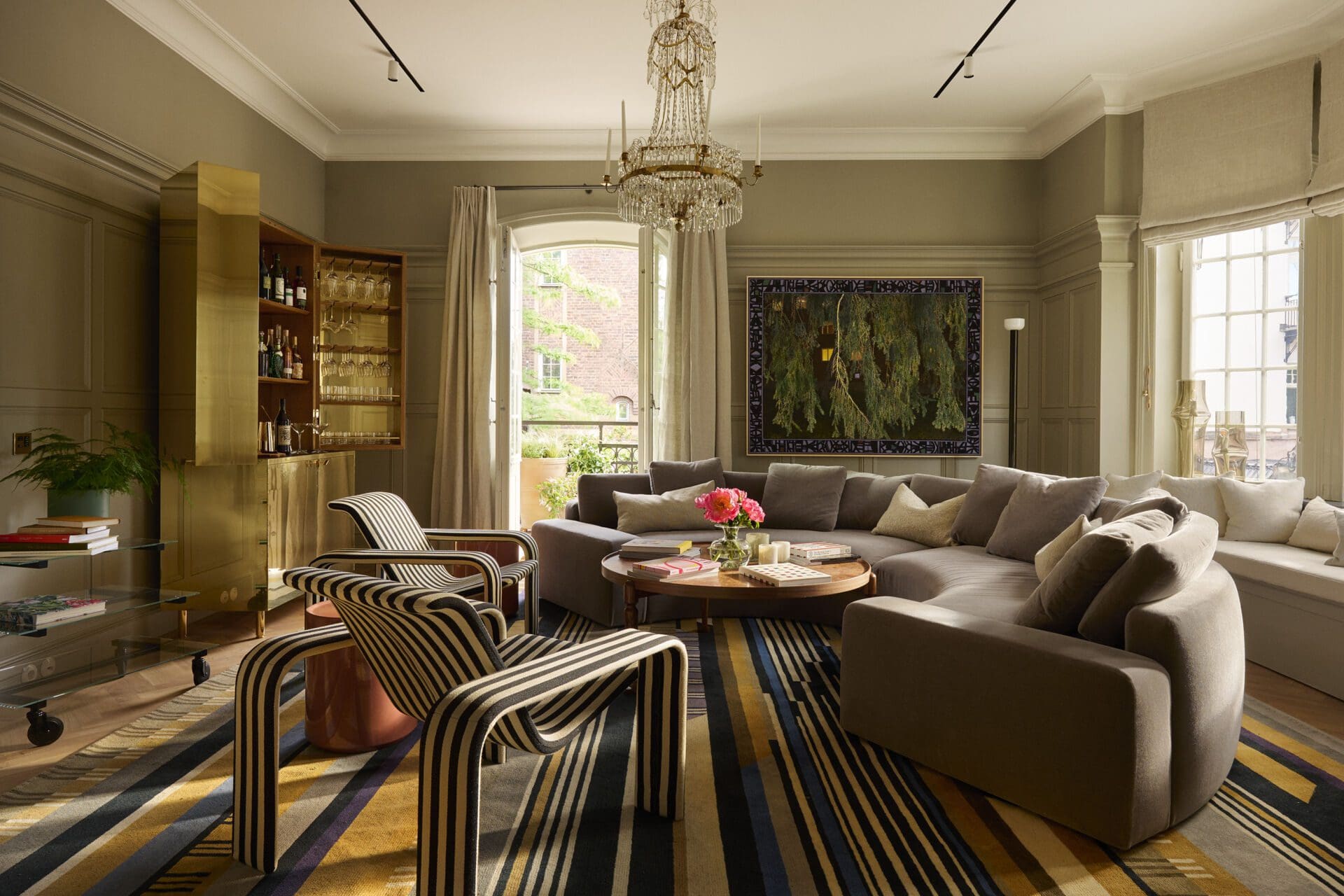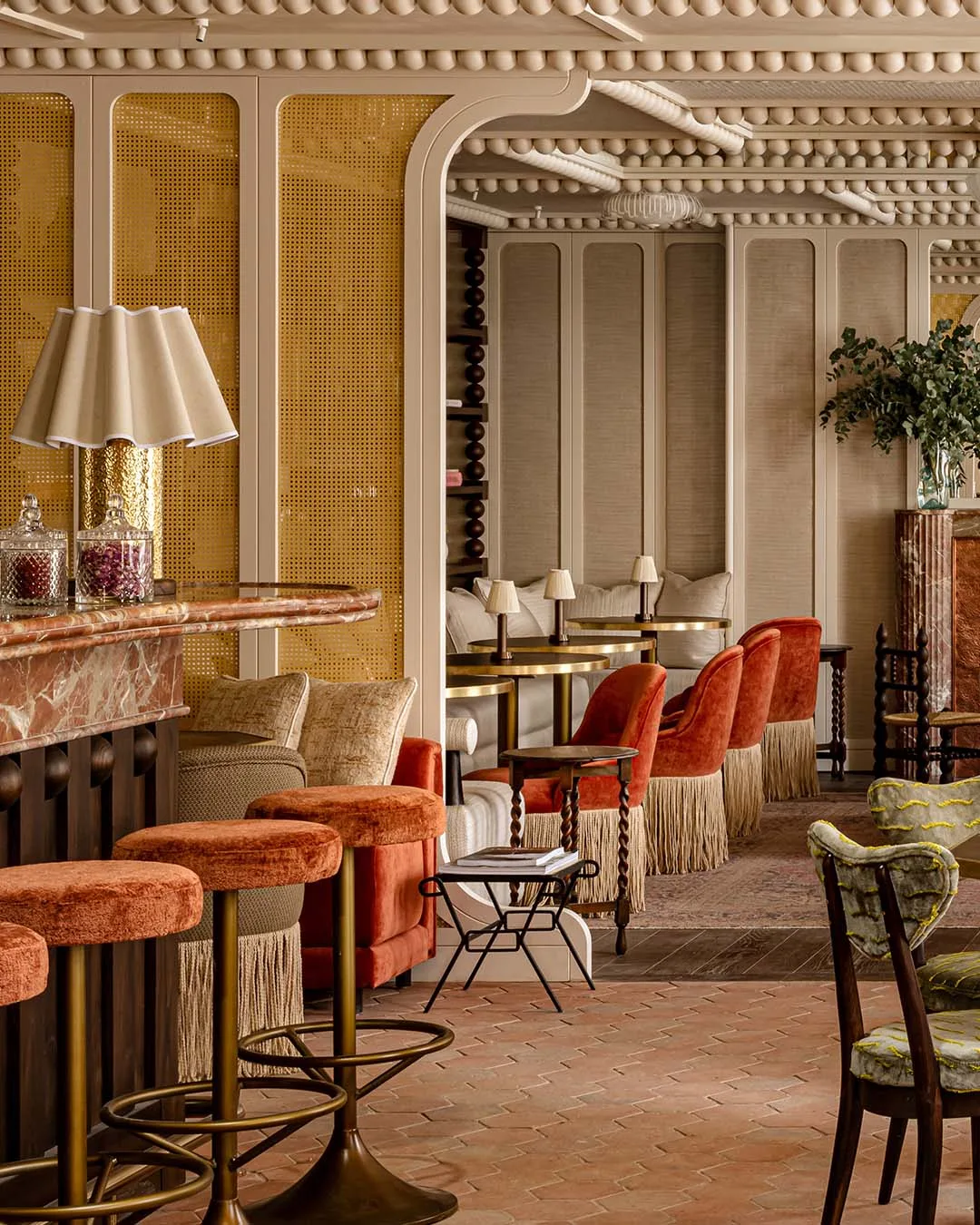
With ‘quiet luxury’ taking hold in boutique hotel design, London-based writer, editor, and luxury travel expert Sanchita LaMore weighs in on the thought-provoking nuances behind the trend, and what it means to us as modern travellers.
In a time when we’re almost constantly bombarded by over-the-top displays of wealth, especially online, the concept of ‘quiet luxury’ has emerged defiantly. First coined in the fashion sphere, the term reflects a shift away from conspicuous consumption, championing simplicity instead. This is sophistication without the noise, and advocates are making more than a style statement — they’re sending a very clear message that they choose substance over showmanship. It’s almost like belonging to an exclusive club, where a knowing nod from a fellow connoisseur signifies that you’ve somehow unlocked the secret to genuine sophistication.
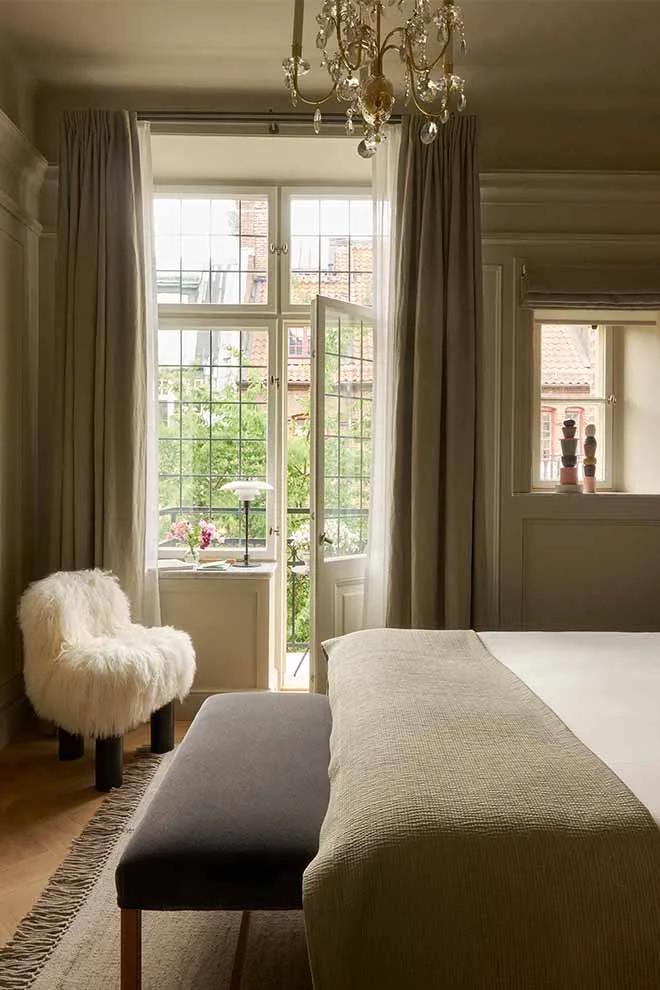
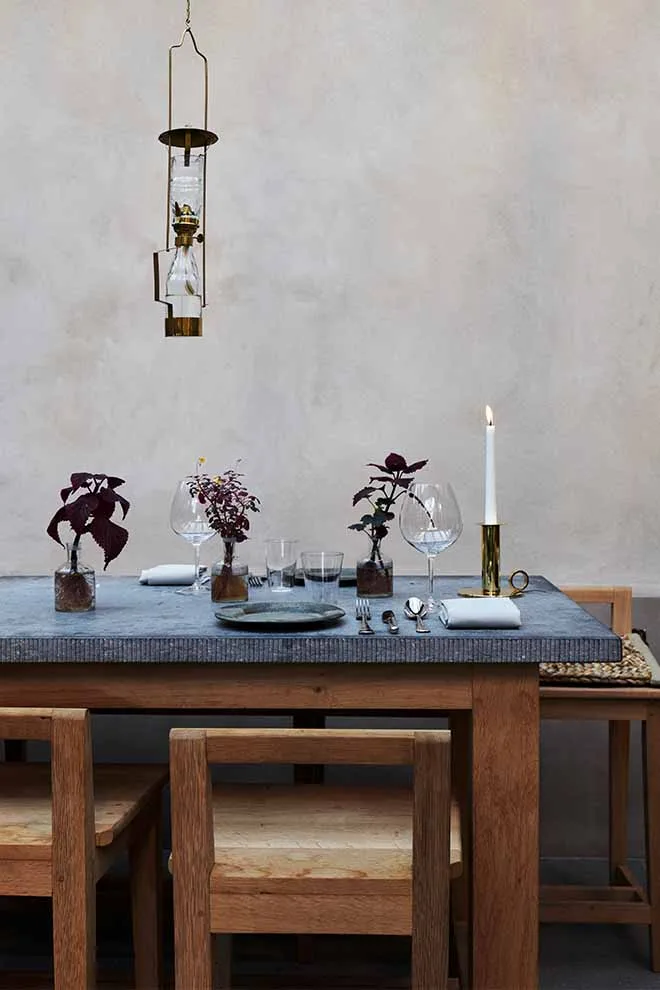
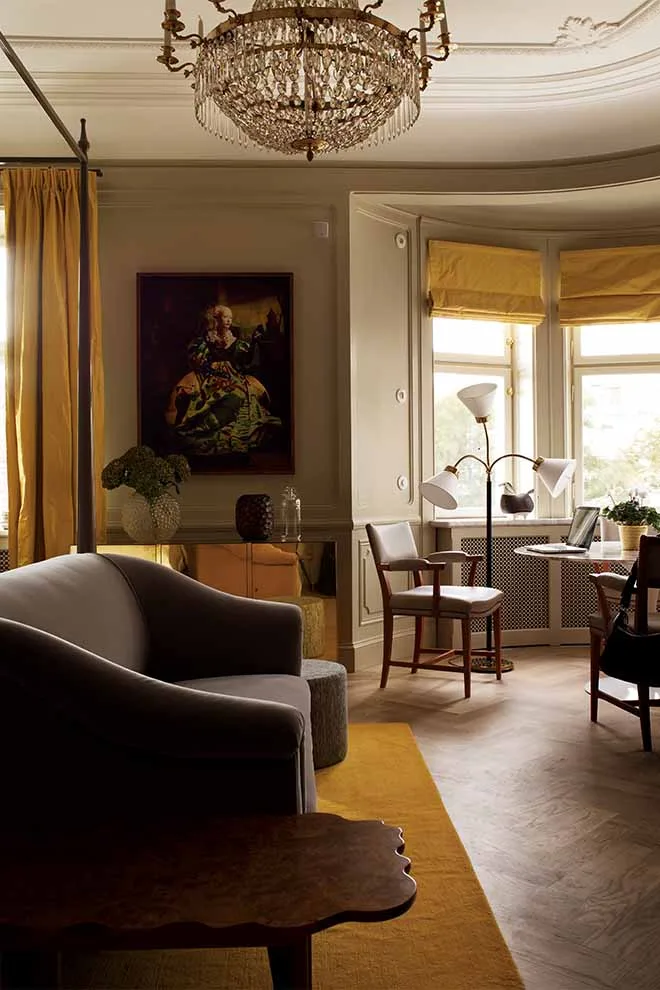
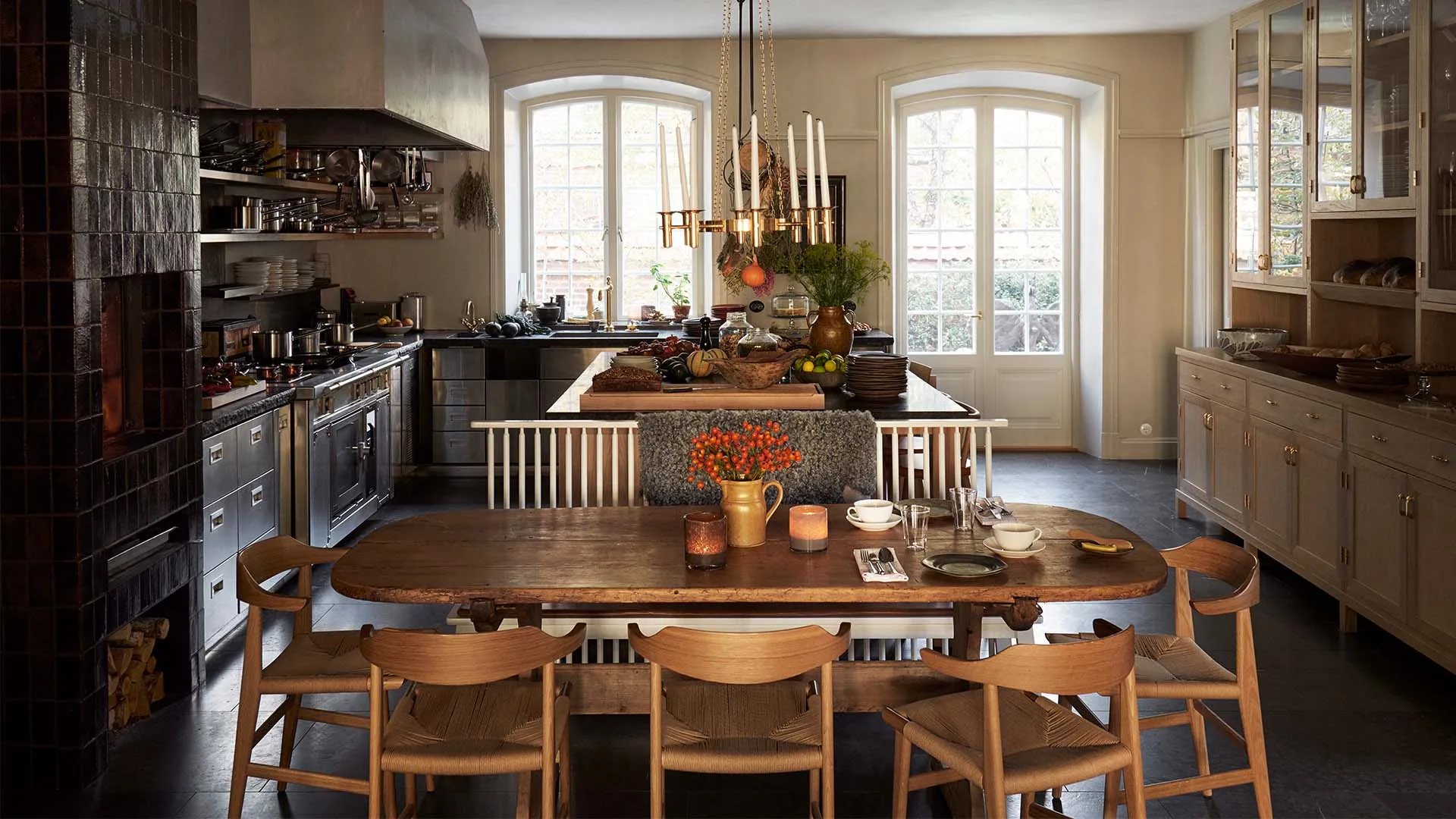
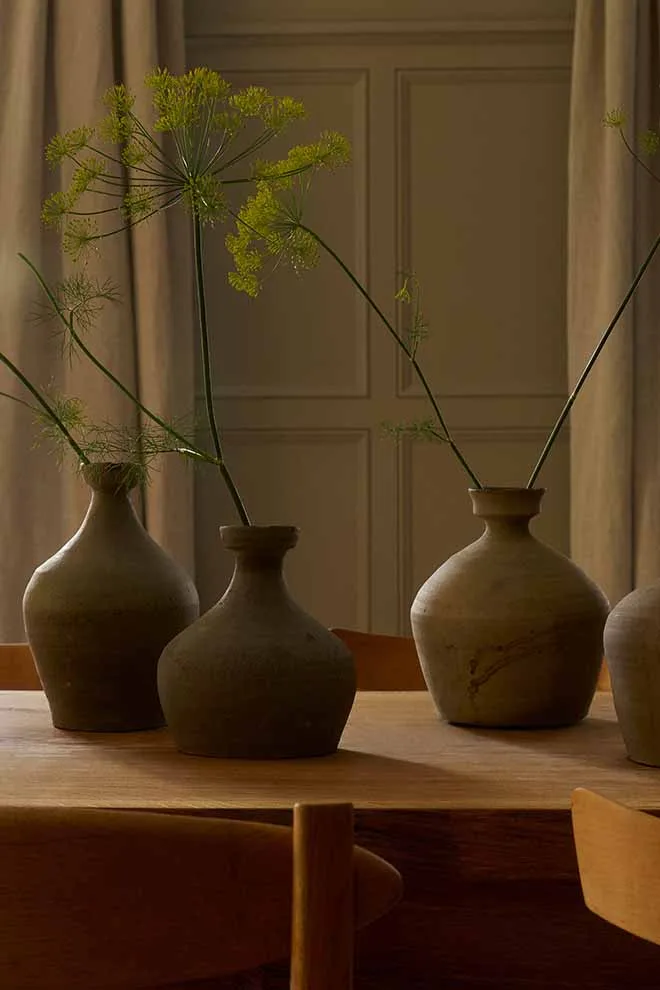
Because in the scope of quiet luxury, if you know, you know.
Now, this sense of understated elegance is transcending catwalks and department stores to walk the sumptuous corridors of boutique hotels. It’s much needed, and it’s also reshaping what the notion of ‘luxury’ means within the travel industry. Previously, it seemed that the grander the display, the more luxurious the perception. But the game has changed, as we transition from the glaring to the graceful, redefining indulgence for the modern traveller, who doesn’t seem so enthused by the frills.
So, what exactly is catalysing this shift?
I’d say it’s a digital disruption coupled with cultural mood swings. In a hyper-connected world, it turns out that more isn’t always merrier. Instead of doubling down on glitz and glamour, the trend is gravitating to something grittier, more candid. Maybe it’s down to the effects of the ‘Instagram overdose’, but luxury decided to mature. It’s less ‘look at me’, and more ‘understand me’, as it engages in a quiet, impactful conversation. In this discourse, depth, nuance, and good old-fashioned discretion take centre stage.
When considering hotel design, the principles of quiet luxury are becoming fundamental.
At its heart is a sense of minimalism, which isn’t necessarily about adopting an aesthetic of ‘less’, but one of purpose. These days, travellers are more discerning than ever and can see far beyond décor that’s there ‘just because’. It’s no longer about the superfluous artwork or chandeliers, but about thoughtful and careful design choices that enhance, rather than overshadow, the guest experience. What’s more, the details matter, right down to the lighting and linens.
In its simplicity, this minimalist design is accentuated by authenticity. While we may advocate for globalisation in other sectors, I’m convinced that within travel, the ‘universal’ has little to no appeal. After all, why journey to a new destination only to experience the familiar cultural undertones of home? For hotels, the aim should be to craft a distinct narrative that’s irreplicable elsewhere in the world — and those vast resorts of yesteryear are giving way to more intimate spaces that can do just that. I’ve always maintained that smaller hotels are much better conduits to local communities, given their flexibility to embrace and showcase local traditions and craftsmanship.
There’s also an increasingly critical dialogue surrounding the concept of sustainability in design. As environmental concerns intensify, luxury hotels are starting to recognise that being eco-friendly isn’t just a cute nod to a trend, but a vital commitment. This doesn’t mean compromising on comfort, however, as we’ve already seen that sustainable practices can coexist with, and even enhance, the guest experience.

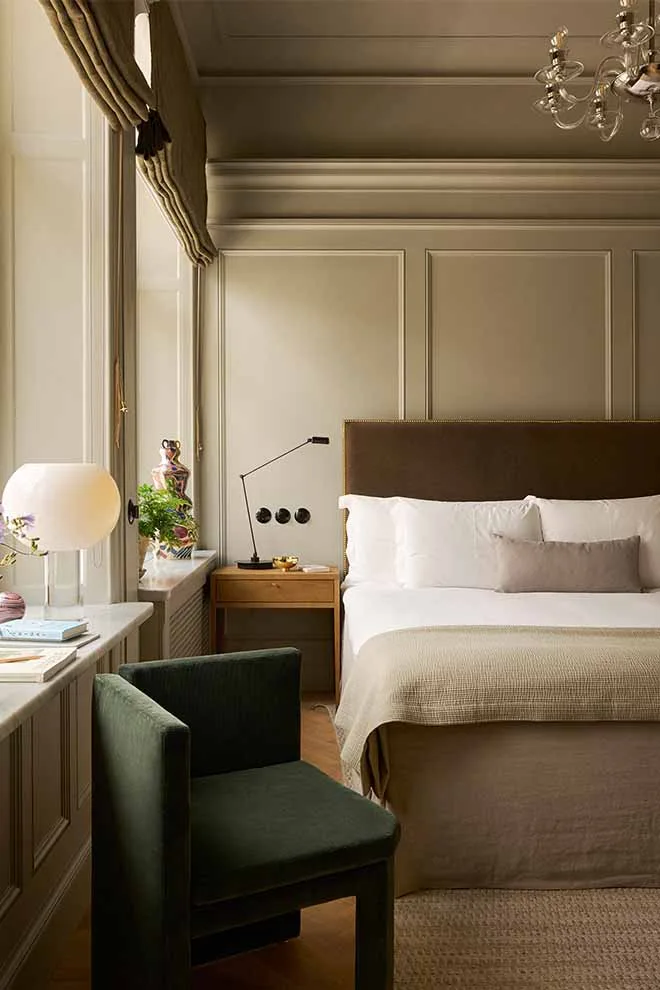
Ett Hem, Stockholm
A prime example of these tenets is Ett Hem in Stockholm’s Östermalm district. Originally an Arts and Crafts townhouse, this 25-bedroom sanctuary effortlessly combines history with contemporary flair under the guidance of owner Jeanette Mix (pictured) and designer Ilse Crawford, who together skilfully meld Scandinavian aesthetics with antique pieces.
Through and through, the hotel embodies Swedish hospitality, which is deeply rooted in a culture that values community, equality, and ‘lagom’— which loosely translates to ‘just the right amount’. In other words, the Swedes are intent on making guests feel less like visitors and more like family. Ett Hem demonstrates this by inviting guests to become a part of its daily rhythm, from serene moments in the garden to chatting with the chefs in the communal kitchens. The emphasis is on warmth and closeness, and this commitment to forging authentic connections — combined with an appreciation for design and heritage — is exactly what quiet luxury represents.
I suppose one thing is clear: quiet luxury is no longer a trend…
It’s a revolution, challenging the conventional notion of excess. In travel, it fosters mindful or intentional experiences, encouraging us to make more value-driven choices. We’ve been navigating façades for far too long, and perhaps quiet luxury is what we need to re-evaluate our priorities. For in the comfort of a well-designed space or genuine smile, we might discover that true richness is not found in the more boisterous displays.
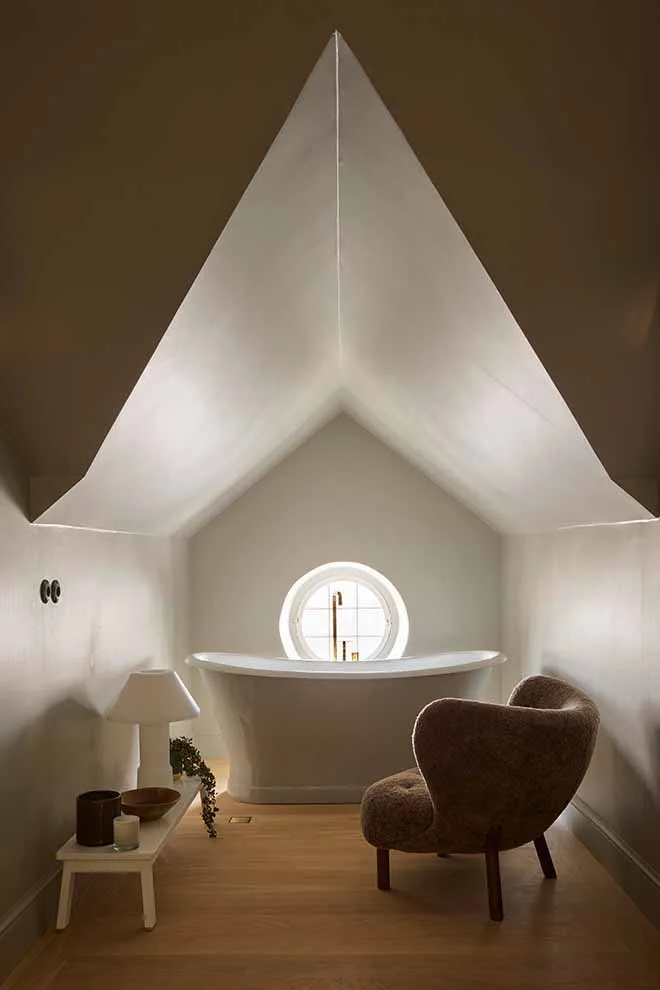
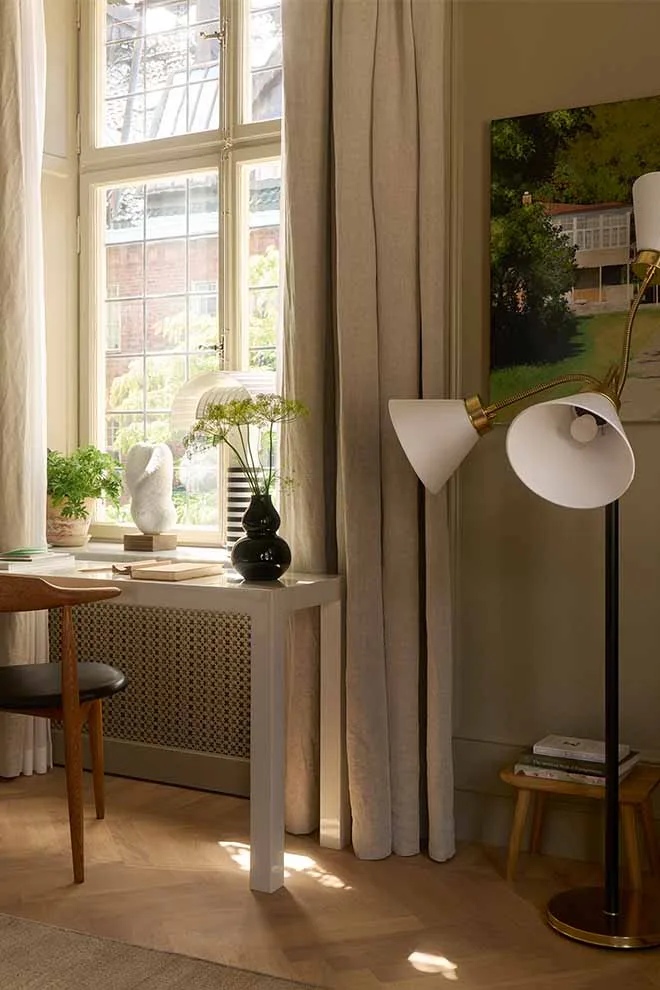
As travellers, I hope we can cherish the journey of seeking luxury in the subtleties — in the stories whispered, not shouted.
Latest stories

A beloved Jackson Hole lodge reopens for ski season: plus, US mountain hotel top picks
With ski season reaching its peak, discover a revived haven of lofty luxury within the majestic mountain ranges of Teton County, western Wyoming, as a rustic mountain retreat begins a new chapter. The scent of freshly baked cookies still lingers. So does the feeling of being warmly welcomed into someone’s
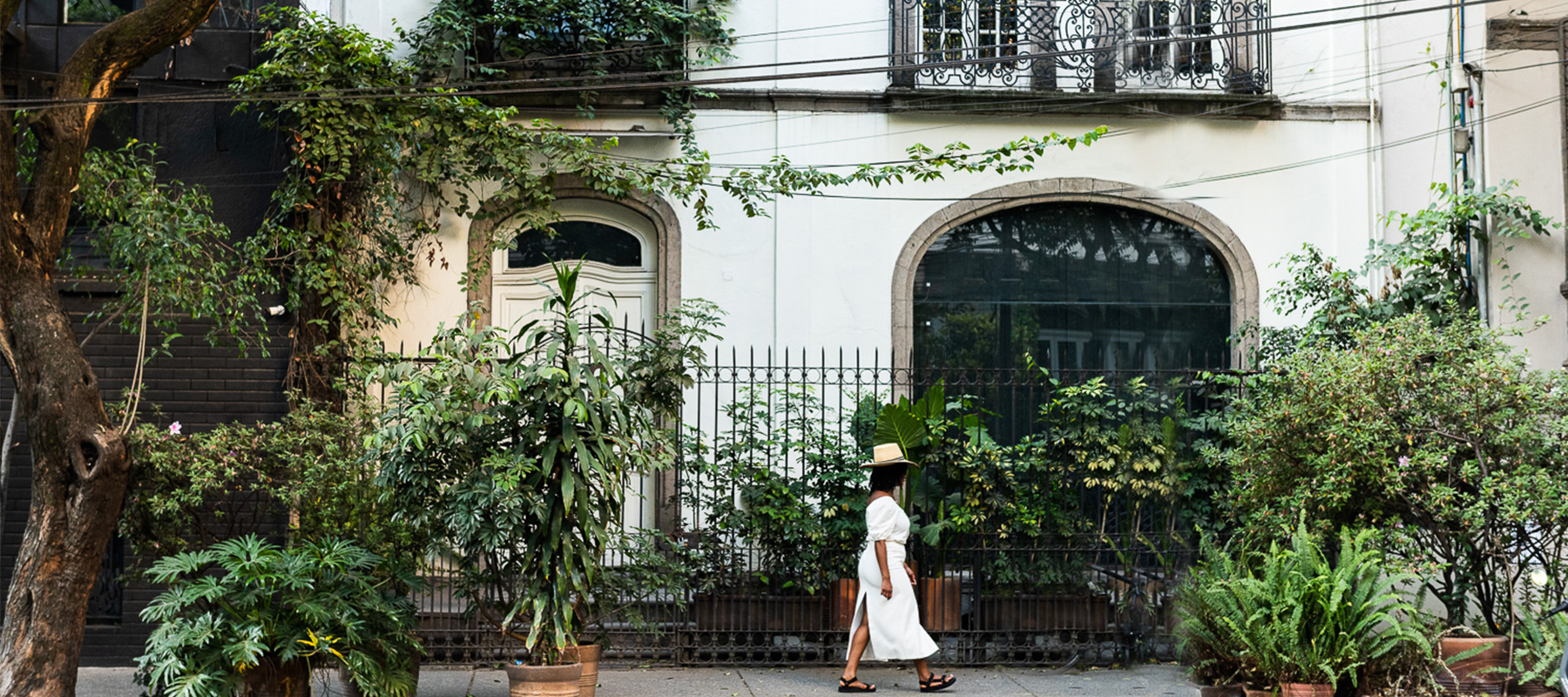
A pocket guide to Roma Norte: Mexico City’s most creative district
Full of characterful, colourful neighbourhoods where culture and cuisine thrive, Mexico City is a magnet for creatives to reside and visit. Condesa remains the go-to for Art Deco architecture and buzzy brunch spots. The bohemian enclave of Coyoacán has long been a refuge for artists. Burgeoning Juárez brings in a

Northern delights: a ‘coolcation’ itinerary across Norway & Iceland
As the train begins its slow, corkscrewing descent into Norway’s Flåm Valley, snow is softening mountain peaks into meringue-like folds. Outside the window, waterfalls freeze mid-cascade, as forests stand still under crystal light. The Flåm Railway — a staggering feat of engineering — feels like a portal into another season,

Snowy Lapland lodges to Balinese spa retreats: top boutique hotels for February
February invites a different kind of travel thinking. The urgency of new beginnings has softened, replaced by a desire to move well toward places feel tuned to their setting. This month’s selection spans extremes and in-betweens: Arctic forests and Balinese cliffs, historic towns in southern Europe, and quietly evolving cities.

